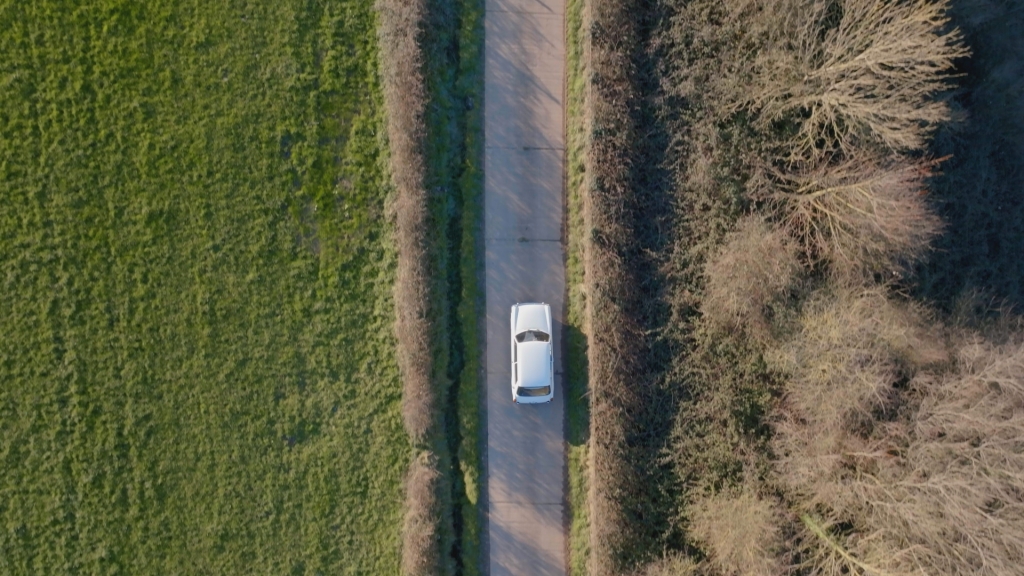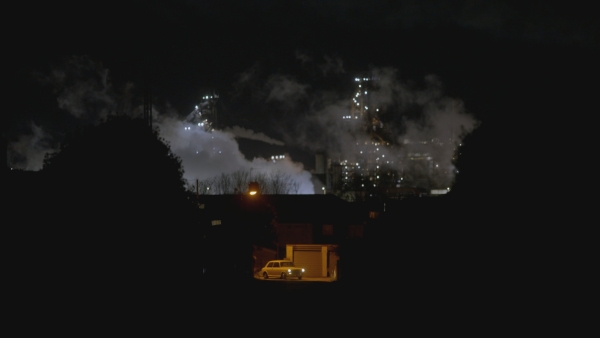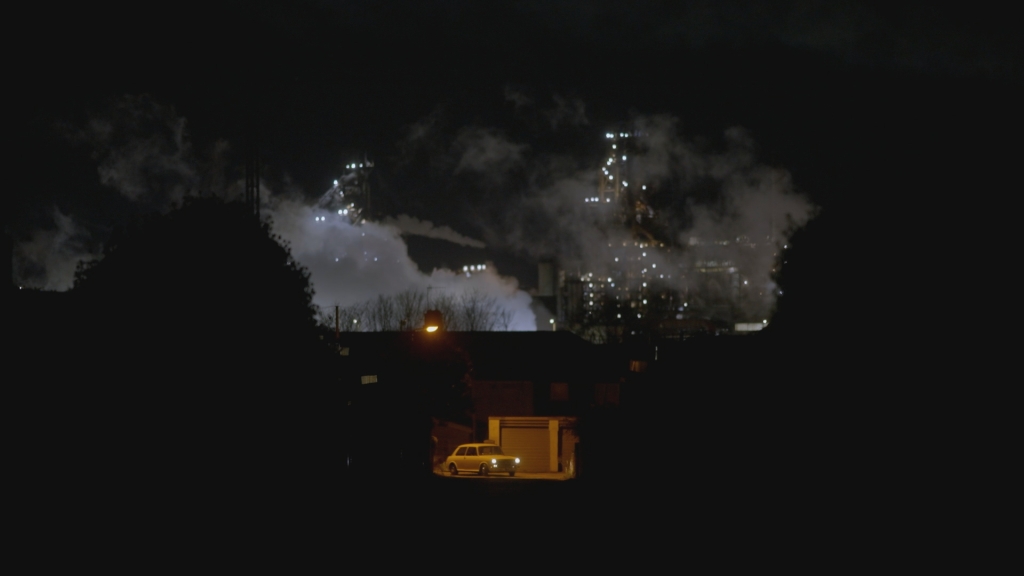When Wales This Week began filming with Hywel Jones there was a determination not to turn his story into a “misery film”.
That determination came from Hywel himself. But the aim would not necessarily be easily achieved: Hywel was dying of cancer.
He knew already that his condition was terminal. But he hoped that by portraying what he was going through he might help others.
From the first meeting to discuss the programme he displayed all the same qualities he would reveal on camera: courage, honesty and humour. You could not make a misery film with Hywel.
For six months we filmed with him, following him even to his appointments with his consultant.
In January, on camera, he was told he would probably live for only another six months.
Hywel wanted our programme to present the truth. This was the starkest truth. The prognosis turned out to be correct.
On Wednesday, July 4, at 1.30pm Hywel died.
It is not easy to write a tribute to someone like Hywel. That might seem a strange thing to say about someone who enriched so many lives but I’ll explain what I mean later.
When we started filming ‘Do Not Go Gentle’ Hywel was working on a song with his friend Rod Thomas.
It was a love song to Hywel’s wife, Cathy, and he wanted the song to be recorded by singer-songwriter Donna Lewis. They had once been in a band together.
Hywel contacted Donna in the United States and she agreed to sing it. Then, through incredible determination, he got Grammy Award-winning producer Trevor Horn to produce it.
Hywel aimed high and he hit his target. The song, ‘Always It’s You’, is now on sale to raise funds for Tenovus.
Hywel also wrote a blog and used Twitter to talk about his cancer. His final tweet described how he had been admitted to a hospice in Pontypridd so that doctors could deal with his pain.
He didn’t get to go home again. Donna came from the United States to visit her family and saw him before he died. Wales This Week was there too. In the end, the cameras stood back.
The words of another song come to me when I think of Hywel. “Let your mind rest easy, sleep well my friend/It’s only our bodies that betray us in the end”.
That’s a song about how the spirit of people who do something, create something, lives on.
Hywel was not defeated by cancer. It was always going to kill him but it never changed his determination to do what he wanted to do.
It never took away his zest for life, his honesty or his wicked sense of humour – that was still sharp and vital to the end.
Hywel’s family felt he was at peace in the final hours. A serenity he deserved.
And he died when he was ready to die: after he had said goodbye to his mother and while listening to his song, ‘Always It’s You’.
The way he lived his life and what he did with it is what really matters. Hywel created his own epitaph in the way he will be remembered by others.
That is why it is so difficult to write a tribute to Hywel. He did it so much better himself.
** You can watch ‘Do Not Go Gentle’ on the ITV website.










